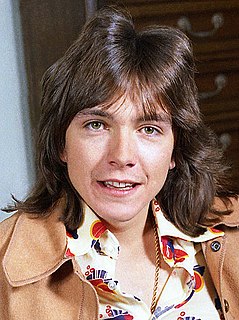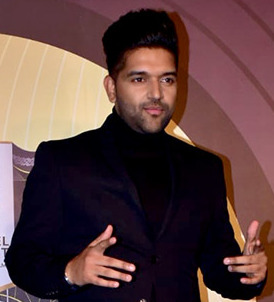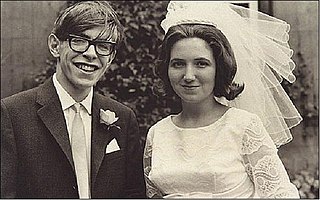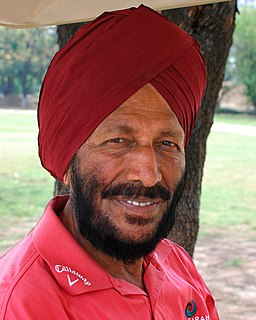A Quote by Siri Hustvedt
My parents were gigantic influences on me. I had a deep hunger to impress my father, who was a professor and an intellectual. I wanted his approval.
Related Quotes
Howard Zinn helped us desegregate Atlanta. That was moving because he took a lot of abuse for that. He and Staughton Lynd, a fellow professor who was also from the North, stood with us. They were certainly behind us. In fact, they often stood in front of us. This had a huge impact on me. But one of the reasons I was very careful about speaking about the relationship I had with him and Staughton was because, in a racist society, if you acknowledge a deep love for and a deep debt owed to white teachers, they tend to discredit your own parents and your own community.
Fights with my father were really quite brutal. I would not live his vision. I would not become who he wanted me to be. Everything I did was criticized. I would spend three months drawing something and show him, and he would look up from his paper and just look back down. I got no approval from him for anything I did that was creative.
I was born in Edinburgh, in Scotland, a few days after the end of the Second World War. Both my parents had left school at a very young age, unwillingly in my father's case. Yet both had deep effects on my education, my father influencing me toward measurement and mathematics, and my mother toward writing and history.







































